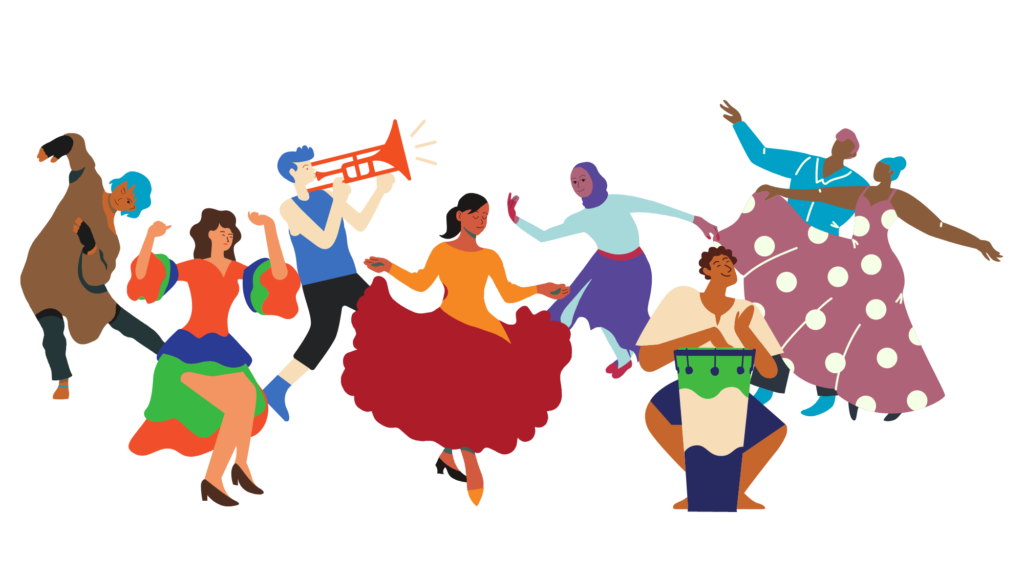Within a world filled of diversity and innovation, festivals function as a vibrant commemoration of culture. They gather societies together, emphasizing distinct customs, artistic expressions, and shared experiences. Whether you are drawn to the bright parades of Mardi Gras, the lively beats of a cultural music festival, or the enchanting displays of light during Diwali, every festival presents a chance to broaden your understanding for the various cultures that enrich our lives.
Creating your own festival can be a thrilling and meaningful endeavor. It gives you to craft an experience that mirrors your interests, beliefs, and the cultural aspects that drive you. This resource will guide you through the crucial steps to create a festival that not only honors culture but also fosters a spirit of community and joy. With careful planning and innovation, you can create a remarkable event that resonates with everyone involved.
Selecting The Festival Concept
Deciding a theme for your festival is a crucial initial step in the organizing process. The concept sets the tone and directs all other decisions, from decorations to activities. Consider the traditions or values you admire and wish to honor, as well as the interests of your target audience. A strong concept can create a feeling of unity and purpose, helping attendees connect and interact more deeply with the experience.
When thinking of themes, think about various civic elements that can be highlighted. This could include classical melodies, dance, cuisine, or creativity from different communities across the world. You might opt for a concept that highlights a particular culture or create a hybrid festival that merges multiple customs. This diversity can draw in a broader audience and enhance the festival atmosphere, encouraging cross-cultural exchange and understanding.
Finally, ensure that the theme is significant and connects with current trends or social issues. A festival focused on environmental sustainability, for instance, can capture attention to sustainability while providing fun. Aligning your concept with culturally significant topics not only enhances the festival's appeal but also fosters a deeper connection with participants, making the event memorable and impactful.
Arranging and Organizing
To establish a thriving celebration, start by clarifying your objectives and objectives. Reflect on the type of cultural elements you want to commemorate. Recognize the demographic and what experiences you want to provide them. This clarity will inform all following planning and ensure your festival connects with guests.
Then, operational details play a key role in arranging your occasion. Book a site that can accommodate your expected attendance and aligns with the design of your festival. Plan for approvals, coverage, and necessary facilities such as platforms, tents, and restrooms. Partnering with local government and service providers can also improve your celebration's effectiveness and efficiency.
In conclusion, reflect on the lineup of your event, including performances, offerings, and sessions that represent multiple ethnicities. Organize a schedule that showcases different art forms, culinary offerings, and heritages. Engaging local talents, performers, and community organizations can foster community participation and make certain that your event is colorful and inclusive.
Promoting Your Event
Promoting your festival is important for drawing attendees and creating a lively atmosphere. Begin by making use of online platforms to connect with a wide audience. Produce compelling content that presents the special aspects of your festival, such as the acts, cultural activities, and culinary options. Share behind-the-scenes footage, interviews with artists, and testimonials from previous participants to build enthusiasm. Partnering with key opinion leaders who resonate with your event theme can also help amplify the word.
Make use of local media outlets to gain additional exposure. Reach out to newspapers, radio stations, and TV channels to tell your festival's story and its societal significance. Think about offering press passes for journalists and bloggers to experience the event firsthand, which may produce articles and reviews that enhance your visibility. Community engagement is also important; partner with local organizations, schools, and businesses to help advertise the event and encourage a sense of belonging within the community.
Finally, consider running advertising campaigns or contests that incentivize attendance. Early bird ticket discounts, group packages, or giveaways can attract more guests. Don't forget to design visually appealing promotional materials like posters and flyers to distribute in strategic locations around town. Using these approaches will elevate your festival's presence and encourage a multifaceted audience to gather and enjoy.

